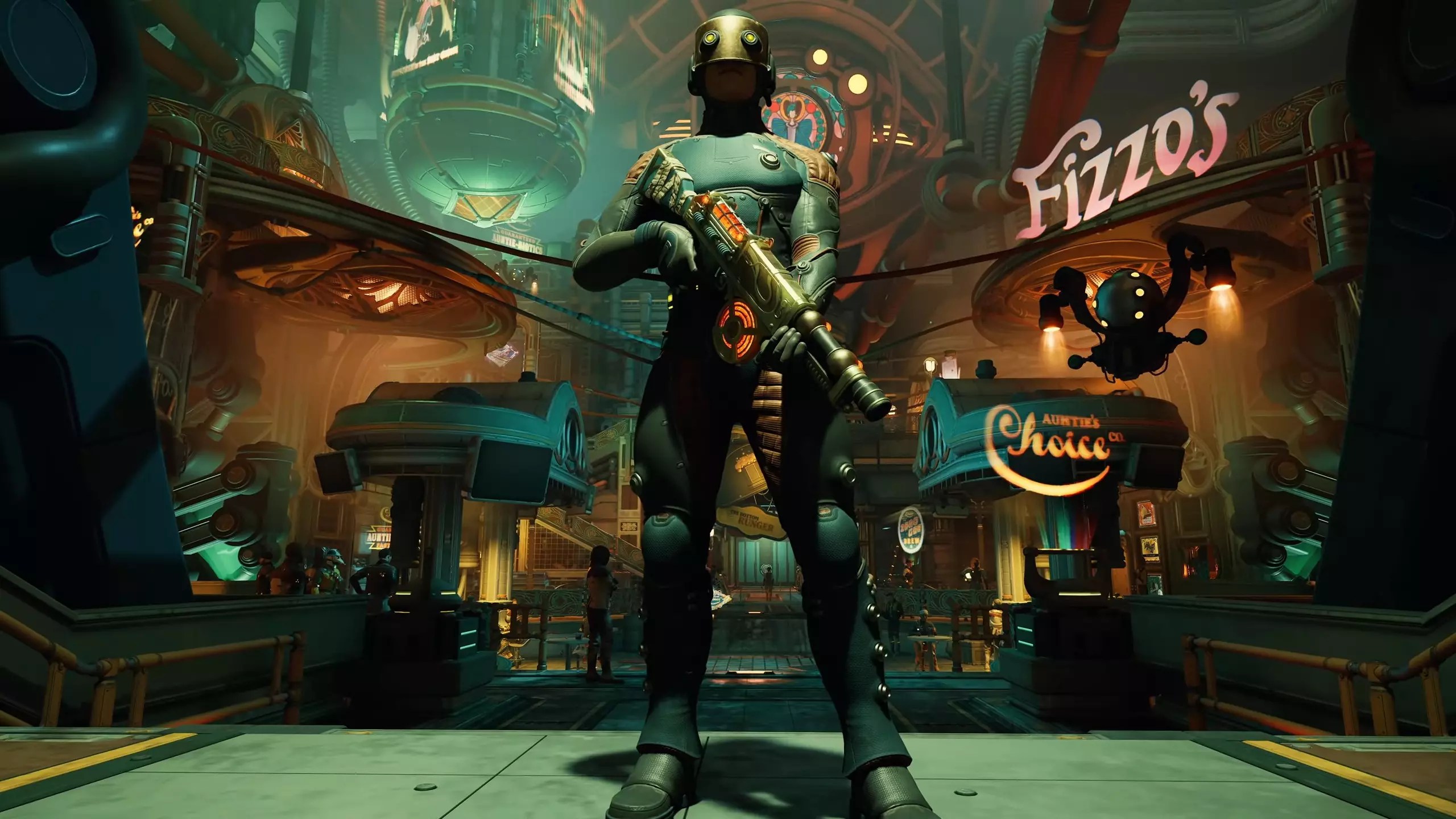In the landscape of modern RPGs, Obsidian Entertainment has carved a niche for itself, particularly with the upcoming title, The Outer Worlds 2. Game director Brandon Adler’s vision offers a refreshing perspective in an industry often criticized for its one-size-fits-all approach. His assertion that the studio intends to “pick a lane” rather than catering to every possible player preference highlights a commitment to creating a rich, immersive gaming experience. In a time when many developers are focused on mass appeal, Adler’s conviction to maintain a distinctive identity is laudable and resonates with players seeking depth and complexity in storytelling and gameplay mechanics.
Emphasizing Permanent Choices
A standout feature of The Outer Worlds 2 is its New Vegas-inspired perk system, which Adler describes as empowering players to craft unique character builds with engaging gameplay effects. However, the decision to eliminate the option to respec adds a layer of complexity that many traditional RPG fans might find daunting. In a gaming climate where the ability to modify character skills on the fly has become a norm, Obsidian’s choice reinforces a philosophy that prioritizes player investment in their decisions. By asserting that choices must carry tangible weight, the team encourages players to engage more thoughtfully with the game.
Adler’s assertion that “your choices matter” serves as a crucial foundation for The Outer Worlds 2. It prompts the question: what does it mean to genuinely role-play a character? By anchoring gameplay in permanent decisions, players are compelled to think critically about their builds and the narrative paths they choose. This creates a distinct separation between The Outer Worlds 2 and many contemporary RPGs that often lean into flexible character customization. The absence of a respec feature could either attract devoted fans who relish a challenge or deter those who prefer less rigidity in RPG mechanics.
The Art of Player Engagement
The lead designer’s approach is not just about gameplay mechanics; it reflects a broader philosophy of respecting players’ time and commitment. The idea is clear: if players genuinely care about the choices they make, they will invest themselves in the narrative and character development. Adler’s focus on rich reactivity to player decisions emphasizes this respect. Rather than pandering to a mass market, the team is focused on creating a cohesive experience that aligns with their vision of what makes RPGs engaging.
There is an inherent risk in this approach, as Adler himself acknowledges. Aligning the game’s design with a particular audience may limit its broader appeal, but it is precisely this focus on authenticity that underpins the strength of The Outer Worlds 2. Engaging storytelling should create an emotional connection that resonates with players on a deeper level, and by staying committed to their creative vision, Obsidian is betting on the power of immersive, meaningful play.
Redefining Role-Playing Norms
In a discussion about the current state of role-playing games, it’s crucial to recognize that not every title needs to straddle multiple genres or fulfill all player expectations to succeed. The Outer Worlds 2’s approach to character-building is a definitive statement that can enrich the RPG landscape. Adler’s perspective is that role-playing must be more than just shifting play styles at whim; it should demand a level of commitment that fosters a robust character narrative.
Determining what one’s playstyle entails becomes a pivotal part of the gaming experience, rather than merely a mechanic to be exploited. This presents an opportunity for innovation in role-playing by compelling developers and players alike to rethink the boundaries of the genre.
Crafting an Experience that Resonates
The Outer Worlds 2, through its distinctive design choices, appears poised to cater to those who appreciate depth over breadth. A willingness to step away from conventional approaches shows courage in a culture that often rewards formulaic content. Adler’s insistence on developing a game that respects player engagement and time communicates a compelling message: a game should provoke thought and foster emotional connections, not just serve as entertainment.
By championing these ideals, Obsidian is likely to cultivate an experience that resonates with a dedicated audience, ensuring that players walk away from The Outer Worlds 2 feeling their choices truly mattered. The potential for rich storytelling grounded in player accountability is not just an evolution of gameplay but a return to the roots of what makes role-playing games powerful and lasting.


Leave a Reply